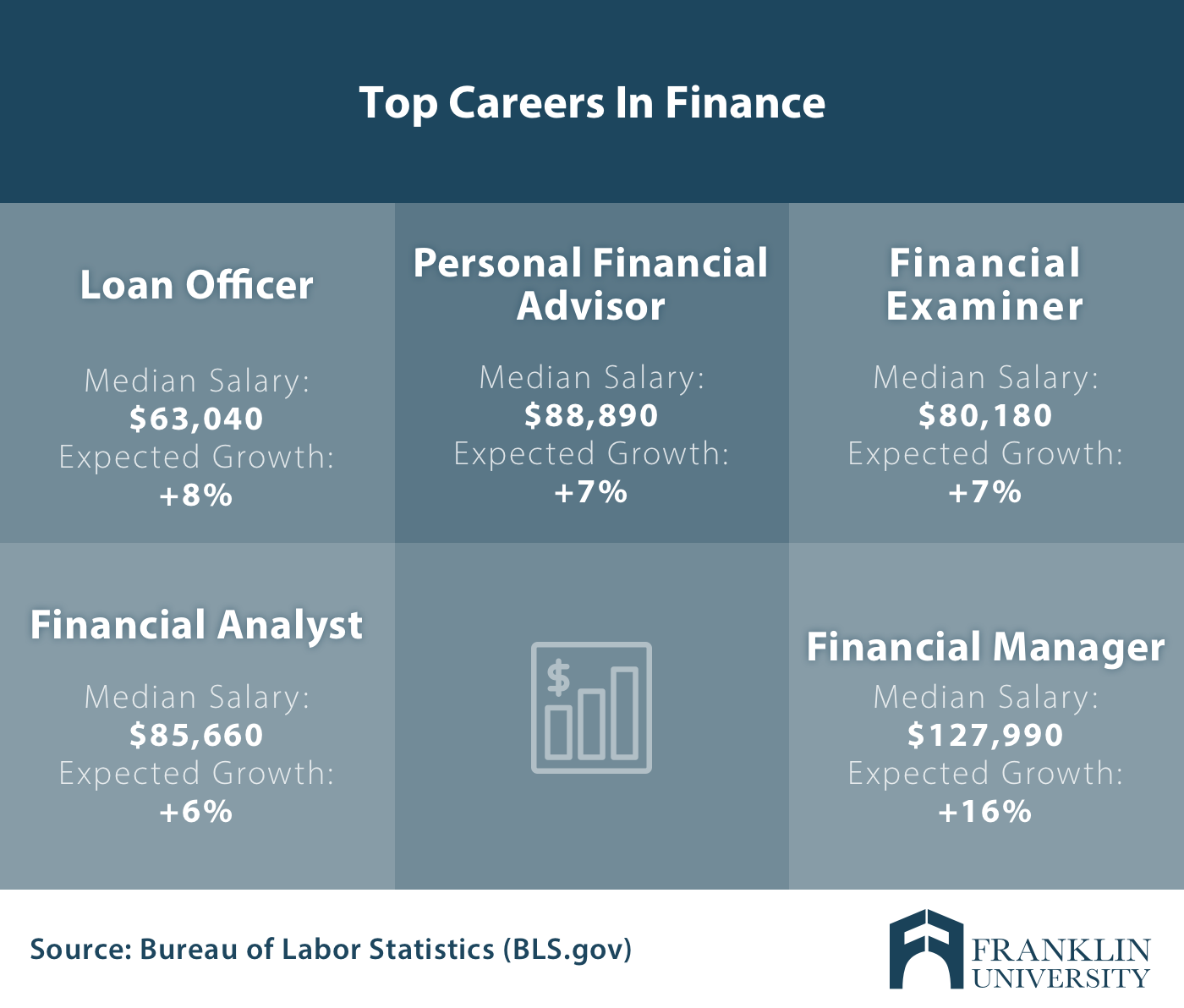Nevertheless, Cost Estimators need a wide-ranging set of skills, and a graduate degree (or graduate certificate) in engineering, construction management, or a similar field will considerably improve your expert options. The federal government and even regional and state governments is a huge entity, and huge, practically unimaginable quantities of cash flow through the federal government.
Nevertheless, federal government accounting is rather specialized; fund accounting, like the federal government utilizes, focuses more on accountability than on making the most of profit or limiting liability in other words, ensuring budget plans are being followed and money isn't being wasted on unapproved expenses - how much money can you make as a finance major. Tracking spending of government agencies and officials Reconciling spending with budget plan allocations Prepare estimates for future requirements Lots of university accounting programs consist of specializations in federal government accounting today, considering that the procedures and skills used by government accounting professionals are increasingly specialized.
You may have discovered, there's a fair bit of cash in professional sports. And, of course, where there is money, accounting professionals can't (and should not) be too far behind. According to the Bureau of Labor Data, since 2017, there were more than 1000 accountants employed in the professional sports industry, out of more than 1 million accounting professionals the BLS surveyed - how do film finance companies make money.
If you love sports, it may be worth the effort: perks consist of video game tickets and inside access to your favorite team. Prepare monetary records and present to management Prepare and file tax returns Maintain and arrange accounting systems and records Examine budgets and treatments to advise enhancements You can do the job of an accounting professional in the sports market with simply a bachelor's degree, but look at the competitors simply to identify yourself on the task market, you'll require an MBA, a MAcc, or another associated accounting master's degree.
Environmental Accounting professionals combine competence in accounting and financing with knowledge of ecological science, public policy, and policy. Environmental Accounting professionals work to determine ecological expenses, including costs of compliance with environmental guidelines; expenses of environmental effect on company operations or Website link href="http://stephenqibm669.cavandoragh.org/rumored-buzz-on-what-is-a-derivative-finance-baby-terms">http://stephenqibm669.cavandoragh.org/rumored-buzz-on-what-is-a-derivative-finance-baby-terms jobs; and even unintended expenses of business activity. While organization has actually frequently neglected these costs in the past, or dismissed them as "overhead," numerous business today are taking environmental expenses seriously, putting hard, unignorable numbers on human activity.

Specialized program in environmental accounting are ending up being more extensive as demand increases. In smaller sized companies, the Auditor (# 24 above) may do all of the work of examining documents and checking that monetary records are on the up-and-up. But in large organizations, there may be a whole internal auditing department, and the Auditing Clerk does the nitty-gritty office work of auditing.
An Auditing Clerk reports to the Auditor, who then reports to upper management. Ensure all accounting files are accurately prepared Verify records and deals Input information into computer system Total tax return and returns, workers' payment kinds, and pension contribution forms An Auditing Clerk is usually defined as an entry-level position, so many employees can begin their job with just a high school diploma, or a partner's degree in accounting, a bookkeeping certification, or a comparable credential.
Little Known Questions About How Does Wells Fargo Capital Finance Make Money?.
While master's degree programs can give experts understanding of managerial theory and practice, numerous large companies prefer for their supervisors to have some time finding out on the job, the much better to understand how their organizational treatments and culture work. An Accounting Supervisor Trainee will work under the supervision of a higher-level manager or a peer, and will frequently need to hang around in different departments to learn about the entire structure of the company.
Practice accounting tasks such as paying costs and creating invoices Check entries for accuracy, make corrections, and file Operate in numerous departments such as payroll, cost accounting, accounts receivable, etc If you're being employed as a supervisor trainee, you are most likely to already have a bachelor's degrees in accounting, but might not have the additional know-how of a Master's in Management or MBA in accounting.
A good accountant requires outstanding mathematics and computer system skills; most modern-day accounting is done on computers. They need to be able to take notice of detail and feel comfy communicating with individuals. Most significantly, they need a strong ethical sense; most business will perform a criminal background check. Keep accurate and comprehensive financial records Use accounting information systems for information entry Pay costs, record earnings, and track expenditures You can Visit the website get an entry-level position as an accountant with just a high school diploma, an associate's degree, or a diploma or certificate in bookkeeping from a neighborhood college.
A Certified Public Accountant has a lot of paperwork to keep up with a lot of documents. There are clients' documents and receipts, Internal Revenue Service forms to complete, meetings to schedule, and all of the other jobs included in accounting and tax preparation. An Accounting Assistant is the essential to making certain all that occurs in an orderly, efficient fashion, and no accounting professional's company is going to run efficiently without a great assistant.
It's an excellent way to get your foot in the door and set yourself up for a higher-level job when you complete your degree. In a big business setting, the Accounting Clerk does basically the very same task as an Accounting Assistant provides for a CPA: they provide support for the accounting professionals and managers by doing the direct work of keeping track of documents, getting in information into the system, and doing clerical tasks.

Carry out accounting and clerical functions to support accounting department Keep an eye on expenses, invoices, and payments Go into information into accounting IT systems This entry-level position will usually require at least a partner's degree or certificate program, because any business company will want to see evidence that you can do the basic accounting needed for the task.
If someone is not keeping track of workers' earnings, entering information and computing all of the withholdings, and ensuring employees get paid regularly, there 'd be absolutely nothing except mutiny. Payroll is complicated, with a lot of types, estimations, and discretion (not to point out being discreet), and the Payroll Clerk who keeps all of it rolling should have a round of drinks every payday.
Excitement About Mix A Minor In Finance With What To Make The Most Money
and inspect for mistakes Start payroll during proper time and distribute payment Field complaints or questions from staff members Handle benefits such as 401( k) contributions and payroll taxes A clerk at a corporate or other organization need to have at least a partner's degree or accounting certificate to show potential companies that they know the fundamentals of accounting and payroll.
That might suggest suppliers, providers, services, independent specialists, specialists, utilities and any number of other expenses a company takes on. Very big corporations may have a whole Accounts Payable department, with a variety of clerks; smaller companies may have one person monitoring all the bills and payments. Assemble bills owed to suppliers, suppliers, etc.
A big organization spends a great deal of cash to keep going, however it's got to generate income too. That's where the Accounts Receivable Clerk comes in, making sure that the company earns money in a prompt manner. A Balance due Clerk requires an excellent grasp of accounting and record keeping, however likewise needs strong organizational skills.